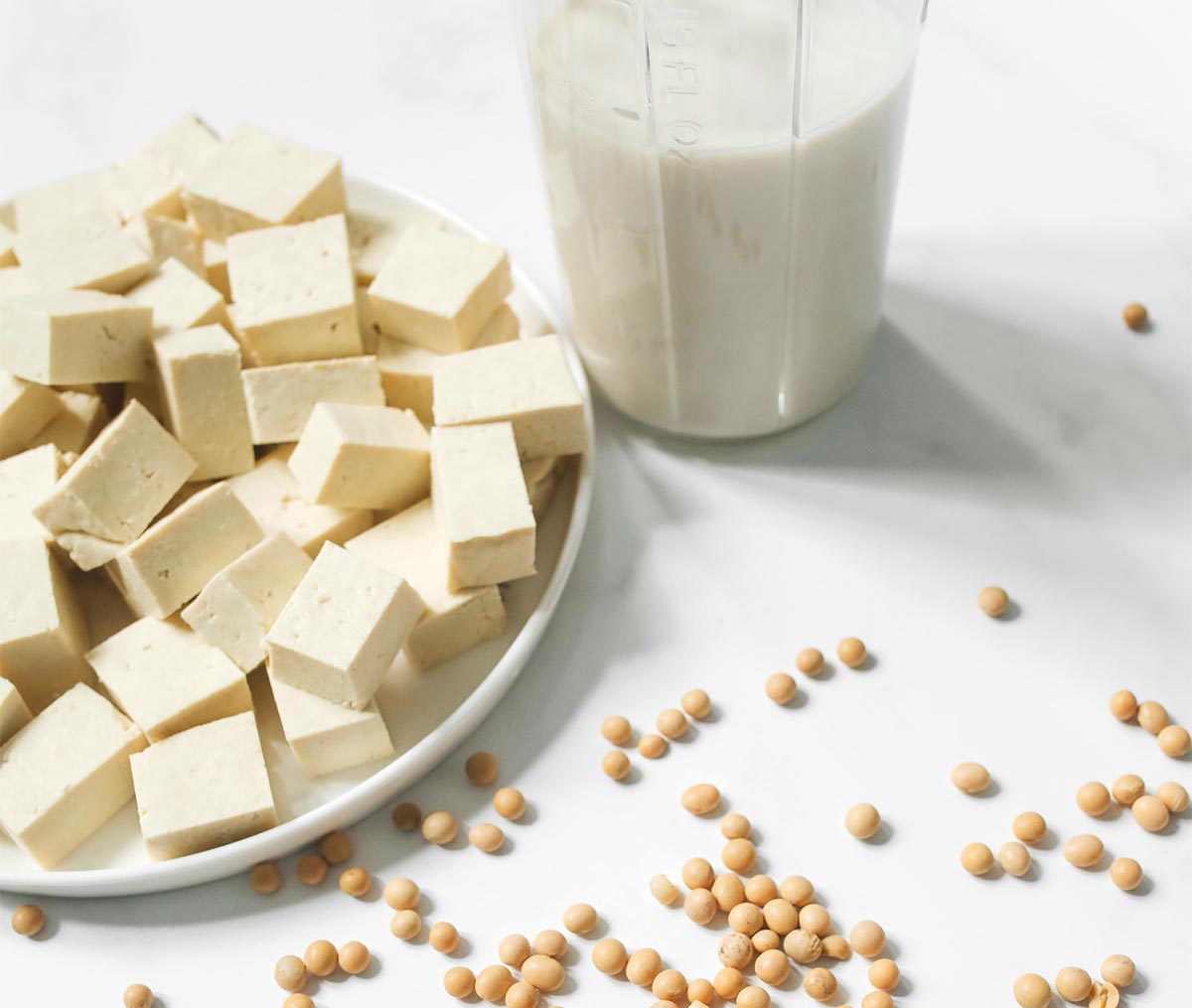Water: The Essential Nutrient
Water is by far the most important nutrient for the human body. Next to oxygen, the human body needs water in order to survive. 2/3 of the human body is water; therefore it is important to take in as much water as we can. Our bodies replace 2 ½ quarts of water each day, to keep running; and in order to stay healthy our bodies need lots of water.
Regular water consumption is good for our health and diet, and is essential for many functions of the body. It is important in helping with digestion; the absorption of food, the regulation of body temperature and blood circulation, the carrying of nutrients and oxygen to the cells in the body, and for the removal of toxins. Water also helps with the movement of joints, and helps protect tissues and organs in the body. It is also good to drink water for metabolic and weight loss purposes.
Drinking water metabolizes stored fats, and helps maintain proper muscle tone. Most importantly though, drinking water will prevent dehydration, which can have detrimental effects on the body. By drinking enough water, you keep a regular flow of fluids going in the body so that it can perform it's daily functions easily, and effectively.
Water and Digestion
Water consumption plays an important role for the digestion of solid foods in the body. The digestive system depends on a sufficient amount of water present to help with the break down of foods. Acids and enzymes that are in the stomach need the balance of water to break down food into a homogenized fluid.
Once the fluid is formed, it can be easily passed into the intestine for the next stage of digestion. An acidic stomach will respond to hydration, and therefore make it easier to digest foods. At times, an absence of water may lead to common symptoms such as heartburn and constipation. Drinking water will prevent these symptoms from occurring, and keep the stages of digestion constant.
Water and Circulation
Drinking water can help the flow of water in the body and help keep blood circulation going. Water helps carry nutrients and oxygen to the cells, and helps remove toxins. It can also help regulate body temperature, and store extra heat in the body. Overall, it is important in keeping everything moving in the body, so that it can perform its everyday functions.
Protecting Joints and Tissues
Water Consumption helps with the protection of movement of joints, and other organs and tissues in the body. In between joints in the body there is a lining of cartilage that exists. The lining of cartilage between the joints uses water as a cushion between the bones so that the joints can move easily. If there is not enough water being consumed, dehydration can occur in these joints, which may cause arthritis.
Therefore it is important to drink enough water to supply the protection that is needed for joints. Daily water consumption can aid in protecting the gastrointestinal lining in your body, as well as various organs and tissues. It can also be very useful in protecting the spinal cord from shock and damage.
Water's Role in Metabolism
Water helps to create most enzymatic and chemical reactions that occur in the body. Because it moves so many elements – nutrients, hormones, oxygen, and antibodies, through the lymphatic system as well as the bloodstream, it is important to have a proper intake. Proteins and enzymes found in the body will function more efficiently in lower viscosity fluids, which is why it is important to balance with a proper intake of water. Water regulates all functions of the body including everything that it helps to circulate and dissolve.
Water and Fat Metabolism
Water consumption also helps metabolize fat. It is the liver's job to metabolize fat, and in order to do so it needs water. If not enough water is consumed, the liver takes over the job of the kidneys. When the liver takes over the job of the kidneys however, it is no longer able to metabolize fat in the body. Therefore the more water consumed, the more the body will metabolize fat.
Preventing Dehydration
Water consumption keeps the body hydrated. Dehydration occurs in a number of adults, and can have a detrimental effect on the body. When the body is dehydrated it has to work twice as hard to ration and distribute the amount of available water. Because the body has no reserve system it has to operate a distribution system for the amount of water that has been made available. Usually dehydration causes many side effects on the body as well.
You can produce joint pain, stomach pain and ulcers, back pain, dizziness, as well as feelings of disorientation, and confusion. If you are not drinking enough water, your body will start to retain it. If you don't maintain your body's regular fluid balance you can damage every part of your body's physiological functions. Dehydration is not always easy to spot either. A lot of the time we don't know when we are dehydrated, and only believe to be when we are thirsty. This is not an accurate indicator of how much water you need. It is always important to drink more than limiting it to when you are thirsty.
How Much Water Do You Need?
Studies show that the majority of healthy people meet their daily needs of water intake. In order to determine how much water you should be drinking daily you must take your weight, and divide it by 2. If you weigh 200 pounds than you should be drinking 100 ounces of water on average per day.
The rule is the more you weigh, the more water you should be drinking. Also, it is important to drink more water if you are exercising. When you exercise you perspire twice as much water as you drink, therefore it is very important to keep hydrated. Water should also be taken warm. Warm water is known to absorb more quickly into the system than cold water. Another way of knowing if you are drinking the right amount of water is to check the color of your urine. The lighter the color the better.
The Importance of Regular Hydration
Finally, water consumption is crucial to a healthy lifestyle. Without water our bodies could easily begin to shut down. Because water is needed for so many different functions in the body, it is important to consider how much water you are consuming. You should not drink water only because your body is telling you to by way of thirst.
Usually your body is already needing water, even before you feel thirsty. Most importantly, think about how water consumption can effect your body and your health. Hydration: Drinking water on a regular basis can boost your health and keep your body feeling great.













